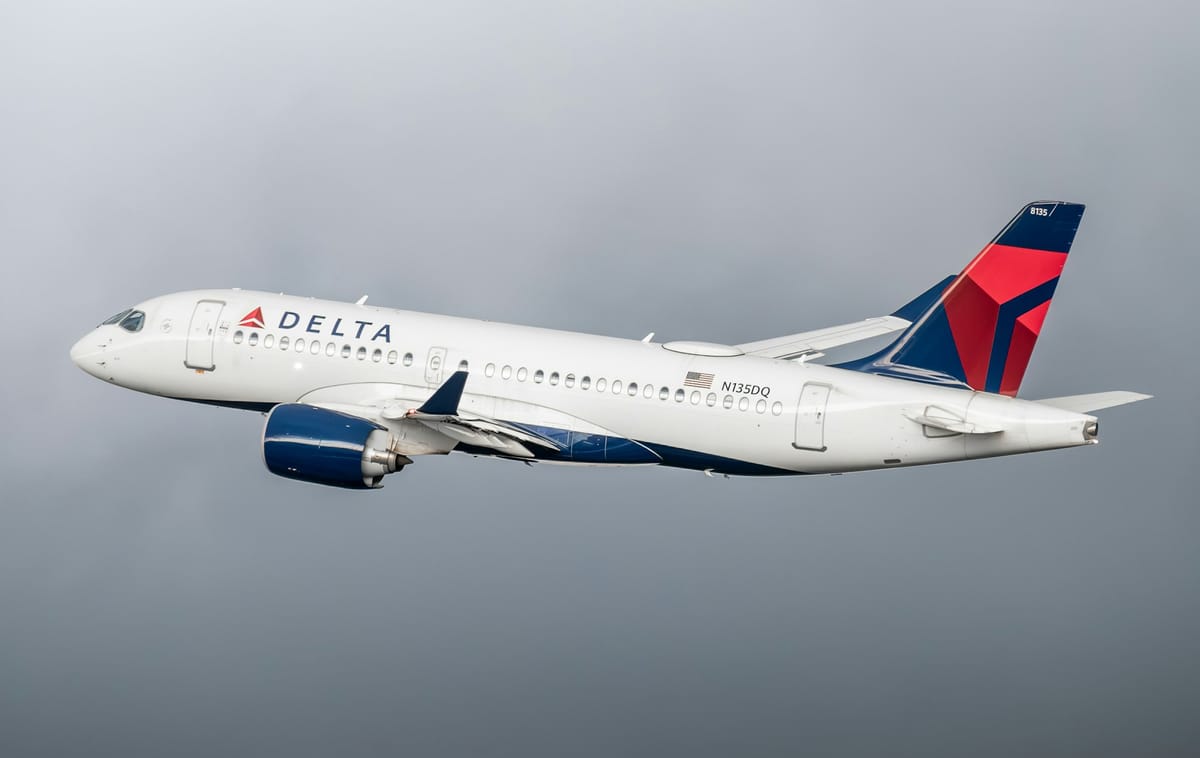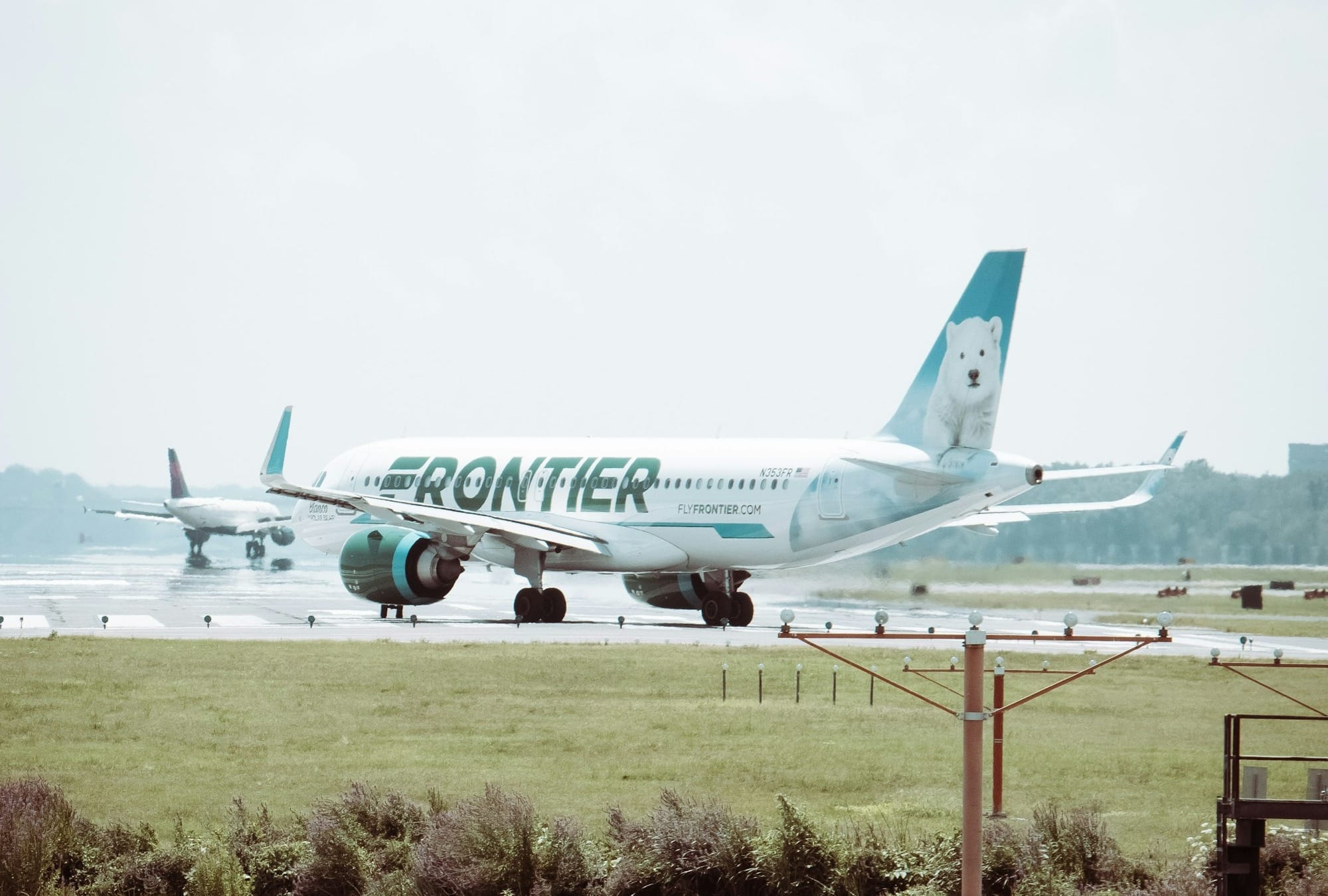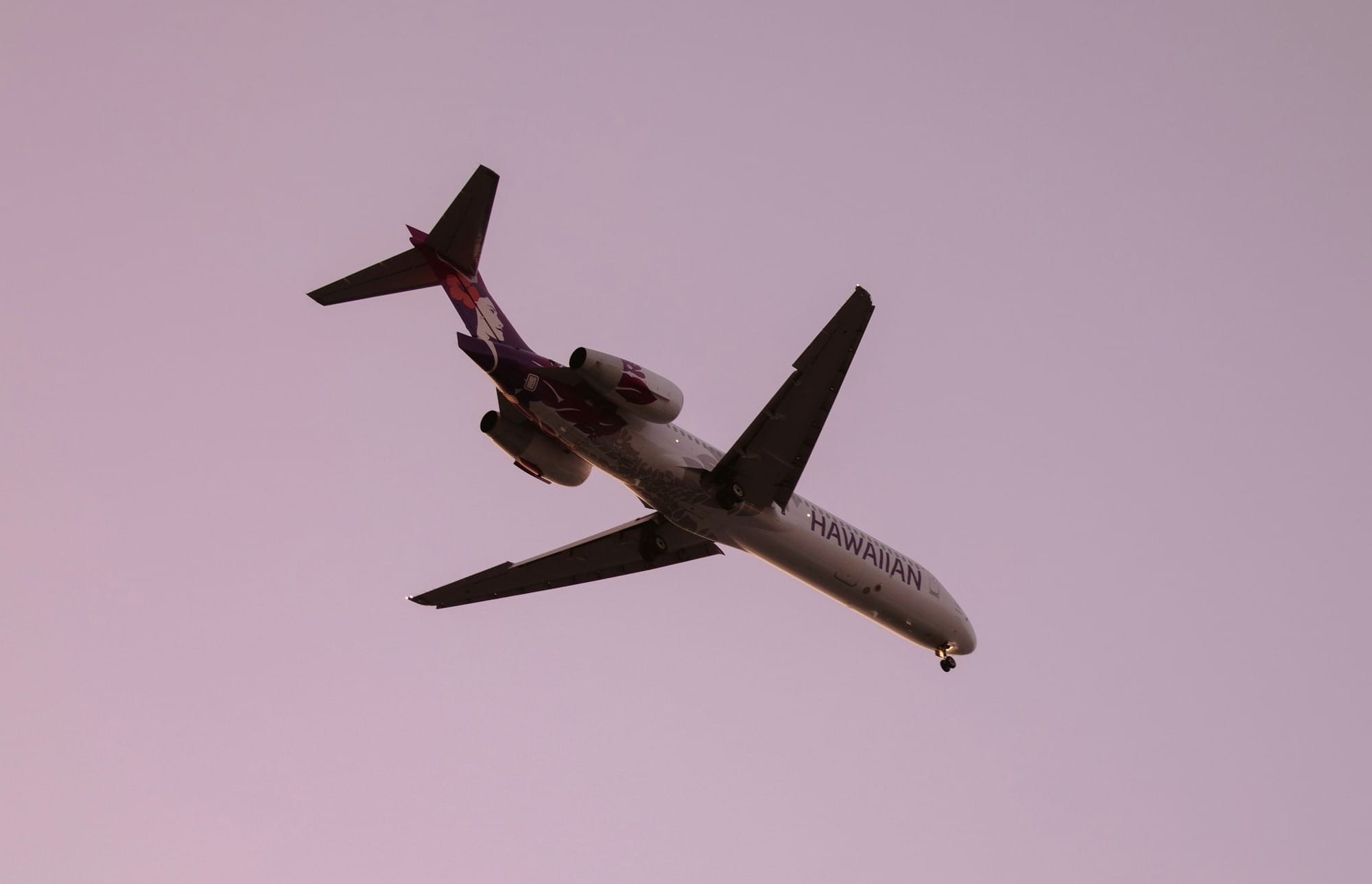Profit Sharing for Delta Employees: A Deep Dive into the $1.4 Billion Reward
Delta Air Lines has set a remarkable precedent in the aviation industry by rewarding its employees with a staggering $1.4 billion in profit sharing. This generous distribution reflects not only the company's financial prosperity but also its unwavering commitment to its workforce.


Profit Sharing for Delta Employees: A Deep Dive into the $1.4 Billion Reward
Key Takeaways:
- Delta Air Lines has distributed over $1.4 billion in profit sharing to its employees, showcasing its financial success and dedication to its workforce.
- The profit-sharing initiative is a testament to Delta's employee-centric approach, potentially leading to increased job satisfaction and loyalty.
- This move by Delta could set a benchmark for other companies, emphasizing the importance of sharing financial success with employees.
Delta Air Lines has set a remarkable precedent in the aviation industry by rewarding its employees with a staggering $1.4 billion in profit sharing. This generous distribution reflects not only the company's financial prosperity but also its unwavering commitment to its workforce. In this comprehensive article, we will explore the intricacies of Delta's profit-sharing program, its impact on employee morale, and the broader implications for the corporate world.
Understanding Delta's Profit-Sharing Plan
Delta Air Lines has consistently been at the forefront of employee compensation strategies, and its recent profit-sharing payout is a testament to that. The plan is designed to distribute a portion of the company's profits to its employees, ensuring that the workforce directly benefits from the company's success. This not only boosts morale but also aligns the interests of the employees with those of the company, fostering a culture of shared goals and mutual success.
The structure of Delta's profit-sharing plan is relatively straightforward. It calculates the payout based on a percentage of the company's annual profits, which is then distributed to eligible employees. This approach ensures that the rewards are proportional to the company's financial performance, making it a fair and transparent system for all involved.
The Impact on Employee Morale and Performance
The announcement of Delta's $1.4 billion profit-sharing payout has had a profound impact on employee morale. When employees see tangible rewards for their contributions to the company's success, it can lead to increased job satisfaction and motivation. This, in turn, can translate into higher performance levels, as employees are more likely to go the extra mile for a company that they feel values and rewards their efforts.
Moreover, profit sharing can enhance the sense of ownership among employees. By receiving a share of the profits, employees may feel more invested in the company's future, leading to a more engaged and committed workforce. This heightened sense of belonging can be a powerful motivator and can contribute to a positive and productive work environment.
Advertising
Delta's Financial Success Story
Delta's ability to offer such a substantial profit-sharing bonus is a direct reflection of its financial success. The airline has been able to navigate the turbulent skies of the aviation industry, emerging as a profitable and resilient company. This success is attributed to strategic business decisions, operational efficiency, and a customer-centric approach that has won the loyalty of travelers worldwide.
The company's robust financial performance has not only allowed it to reward its employees generously but has also positioned it as a leader in the industry. By sharing its success with its workforce, Delta is reinforcing the message that its employees are integral to its achievements and future growth.
A Benchmark for Corporate America
Delta's profit-sharing initiative could very well set a new standard for corporate America. By sharing a significant portion of its profits with employees, Delta is challenging other companies to reconsider their compensation strategies. This move underscores the importance of recognizing and rewarding the workforce, which is often the driving force behind a company's success.
As more companies witness the positive outcomes of Delta's approach, it is possible that profit sharing will become a more common practice across various industries. This could lead to a shift in corporate culture, where the success of a company is more equitably shared with those who contribute to it.
The Role of Profit Sharing in Employee Retention
In an era where job-hopping has become increasingly common, Delta's profit-sharing program serves as a powerful tool for employee retention. By offering a share in the company's profits, Delta provides a compelling reason for employees to stay and grow with the company. This financial incentive, coupled with a supportive work environment, can make the difference in an employee's decision to remain with the company long-term.
Profit sharing also sends a clear message to potential recruits about Delta's commitment to its employees. This can be a significant draw for top talent, who may be looking for more than just a paycheck in their career choices. By prioritizing employee satisfaction and financial well-being, Delta is likely to attract and retain a skilled and dedicated workforce.

The Economics of Sharing Success
The economics behind profit sharing are quite straightforward: when a company does well, its employees should too. This principle is rooted in the idea of shared success and collective effort. By tying a portion of employee compensation to the company's financial performance, Delta ensures that its workforce has a vested interest in the company's success.
This approach can also lead to cost savings for the company in the long run. With increased employee retention and motivation, Delta may experience lower turnover rates and higher productivity, which can translate into cost efficiencies and sustained profitability.
Profit Sharing and Corporate Social Responsibility
Delta's profit-sharing program is not just a financial strategy; it's also a reflection of the company's commitment to corporate social responsibility (CSR). By sharing its profits with employees, Delta is demonstrating a commitment to fair and responsible business practices. This aligns with the growing expectation for companies to be socially responsible and to contribute positively to the lives of their stakeholders.
CSR initiatives like profit sharing can also enhance a company's reputation, making it more attractive to consumers who prefer to support businesses that treat their employees well. In this way, Delta's profit-sharing program can contribute to a positive brand image and customer loyalty.
Advertising
The Future of Profit Sharing at Delta
Looking ahead, Delta's profit-sharing program is likely to continue playing a significant role in the company's compensation strategy. As the airline industry evolves and Delta adapts to new challenges and opportunities, the profit-sharing plan may also undergo adjustments to remain effective and relevant.
The future of profit sharing at Delta will depend on the company's ongoing financial performance and its ability to maintain a competitive edge in the industry. However, the foundation that has been laid by this substantial $1.4 billion payout is a strong indicator that profit sharing will remain a cornerstone of Delta's employee-centric approach.
Summary
Delta Air Lines' distribution of over $1.4 billion in profit sharing to its employees is a landmark move that highlights the company's financial success and its dedication to its workforce. This initiative has significant implications for employee morale, performance, and retention, and sets a benchmark for other companies to follow. By sharing its prosperity, Delta is fostering a culture of shared success and demonstrating the value of an employee-centric approach in today's corporate landscape.



